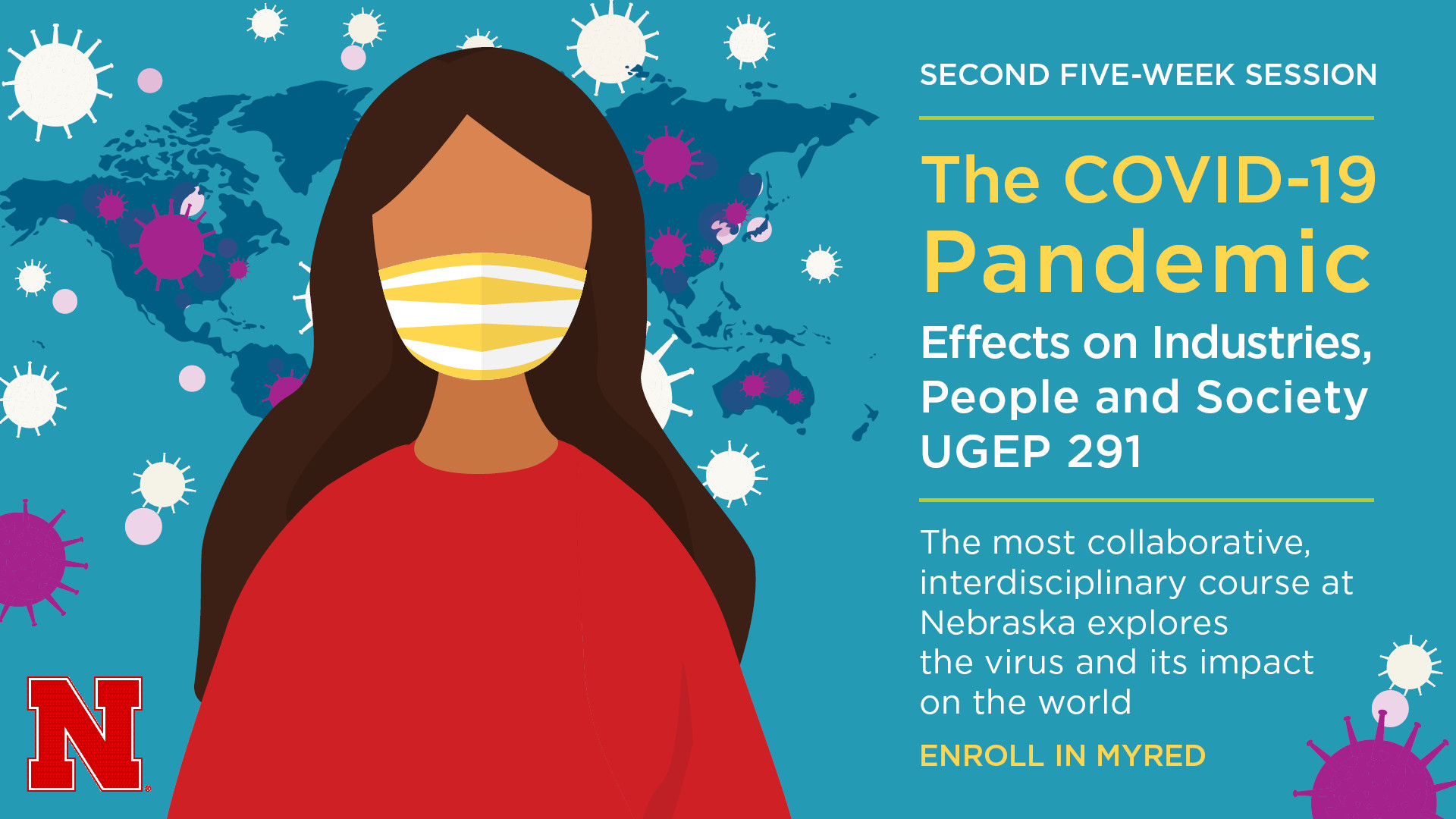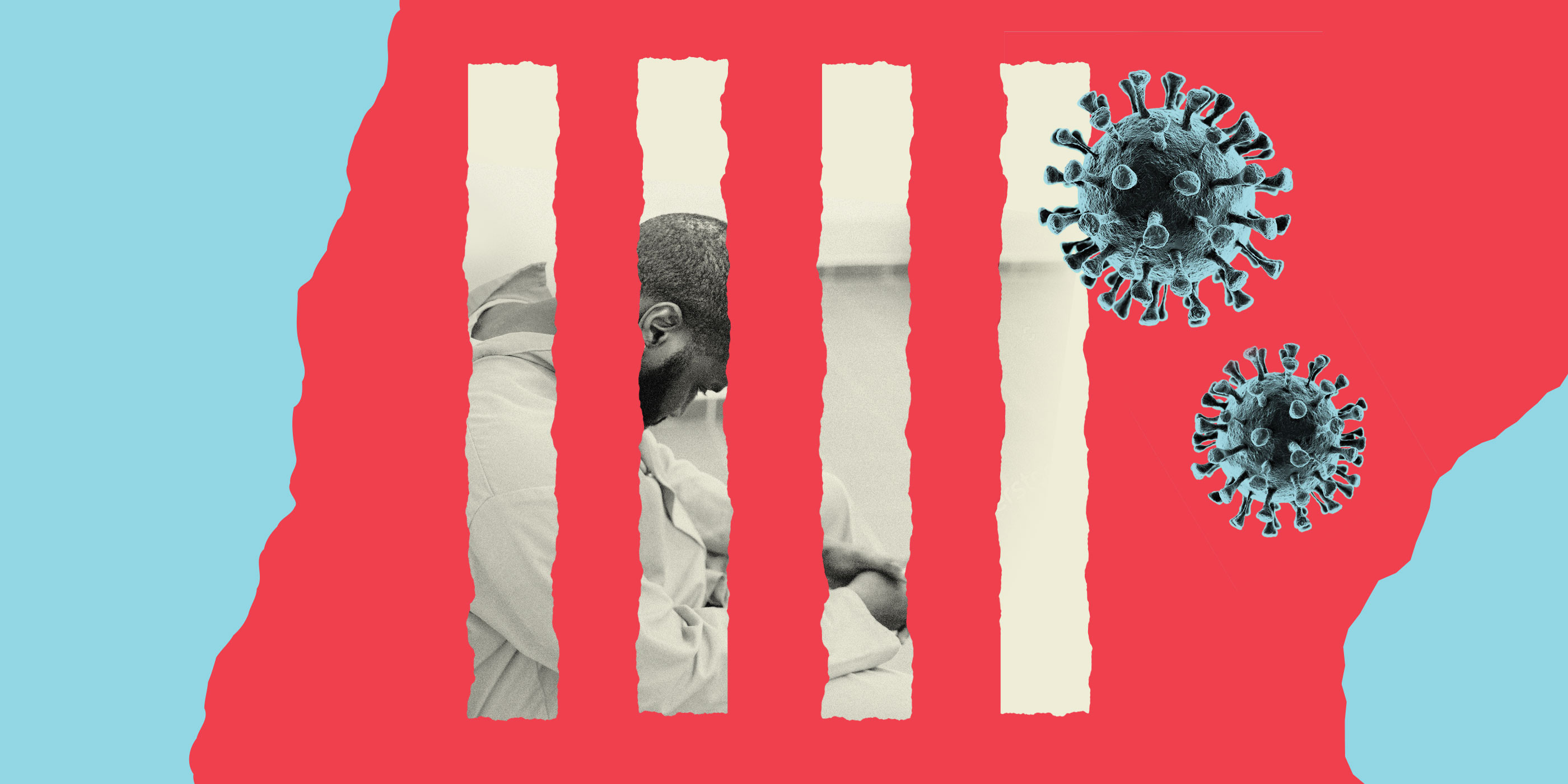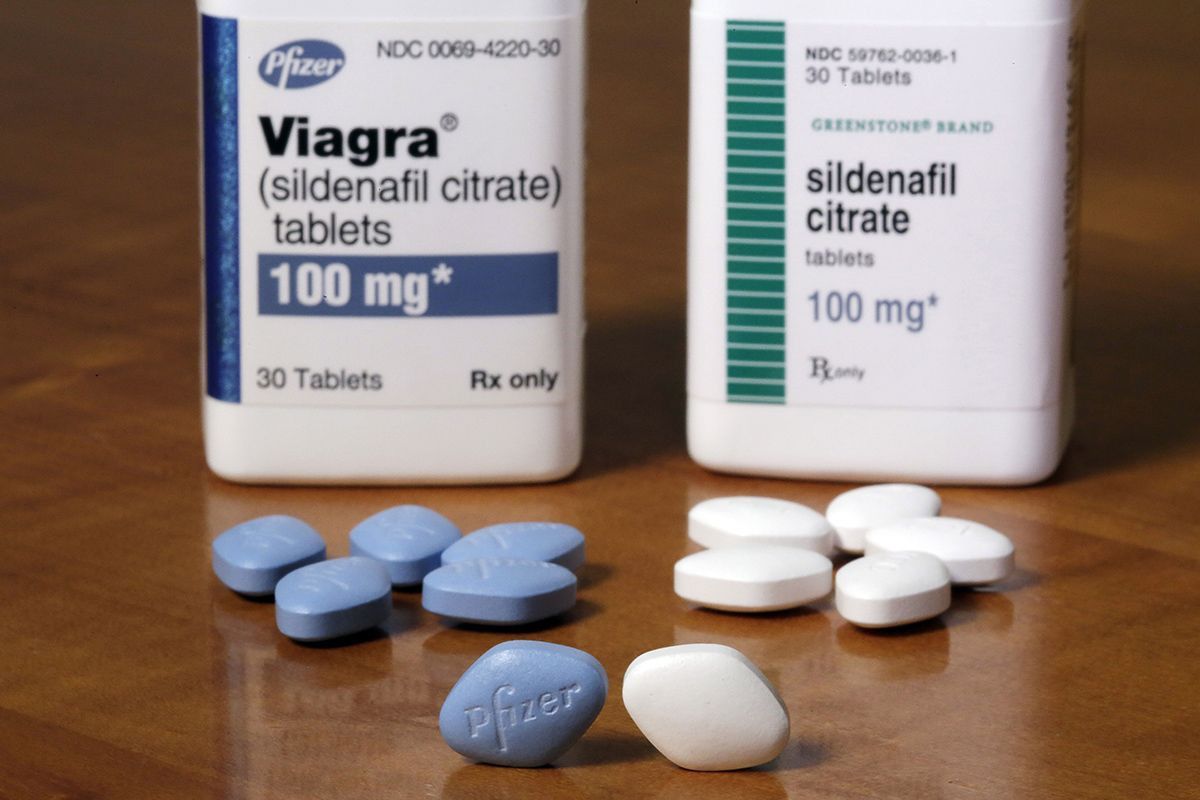COVID-19 Pandemic's Devastating Impact on Pediatric Healthcare Workers: PTSD and Job Satisfaction Plummet
The COVID-19 pandemic presented unprecedented challenges to healthcare systems globally, placing immense strain on all healthcare professionals. However, the impact on pediatric healthcare workers, often overlooked, has been particularly profound, resulting in alarming rates of Post-Traumatic Stress Disorder (PTSD) and significantly decreased job satisfaction. This article delves into the experiences of these essential workers during the crisis, exploring the factors contributing to their mental health struggles and examining potential solutions to mitigate these long-term effects.
The Psychological Toll of the Pandemic
The pandemic dramatically altered the landscape of pediatric healthcare. Increased patient loads, heightened infection risks, and the emotional burden of caring for sick children amidst uncertainty took a significant toll on the mental well-being of pediatric healthcare workers. Many faced extended work hours, shortages of personal protective equipment (PPE), and the constant fear of contracting and potentially transmitting the virus to their families and colleagues. The pervasive uncertainty and lack of sufficient support systems further exacerbated their distress.
The Prevalence of PTSD and Burnout
A significant number of studies have revealed a concerning rise in PTSD and burnout among pediatric healthcare workers during the COVID-19 pandemic. The constant exposure to illness and death, combined with the emotional stress of caring for vulnerable children, created a perfect storm for psychological distress. Many healthcare workers found themselves grappling with feelings of helplessness, anxiety, and even guilt, which over time significantly impacted their well-being and job satisfaction.
The unrelenting pressure to provide the highest level of care, often under challenging circumstances, added further to their mental health challenges. One study indicated that up to 40% of healthcare workers experienced symptoms consistent with PTSD, highlighting the urgent need to address this issue comprehensively. Burnout, characterized by emotional exhaustion, depersonalization, and a sense of reduced personal accomplishment, was also widely reported among this workforce.
Factors Contributing to Mental Health Challenges
Several factors contributed to the high prevalence of mental health issues among pediatric healthcare workers during the pandemic. These included the high-stress environment, increased workload, exposure to traumatic events, limited access to support services, and insufficient resources. Furthermore, the absence of clear protocols and guidelines in the early stages of the pandemic further exacerbated the feelings of uncertainty and anxiety.
Systemic Issues and Lack of Support
The lack of adequate mental health support for healthcare workers was particularly concerning. Many healthcare organizations struggled to provide timely access to mental health services, which resulted in undertreated PTSD and burnout among staff. Additionally, issues such as limited staffing, insufficient PPE, and the inherent emotional toll of caring for sick children significantly increased the mental health burden on these professionals. These systemic issues, coupled with the emotional weight of the pandemic, created a highly stressful environment, leaving many healthcare workers feeling unsupported and overwhelmed. The lack of adequate psychological support is a critical factor to be addressed to prevent long-term mental health problems within this population.
The Impact on Job Satisfaction and Retention
The overwhelming stress and mental health challenges experienced by pediatric healthcare workers during the pandemic significantly impacted their job satisfaction and retention rates. Many healthcare professionals reported decreased job satisfaction due to prolonged exposure to trauma and burnout. These challenges also threaten to exacerbate the existing shortage of healthcare professionals, potentially impacting the quality of care provided to children in the long term.
Addressing the Crisis: Potential Solutions
Addressing the mental health needs of pediatric healthcare workers requires a multifaceted approach. This includes strengthening support systems through improved access to mental health services, providing adequate training in stress management techniques, and fostering a culture of open communication and support within healthcare organizations. Providing more access to psychological support services, implementing stress-management programs, and promoting a supportive work environment are all crucial for improving mental health outcomes. Ensuring the availability of sufficient staffing, resources, and adequate PPE is also paramount. These measures can contribute to fostering an environment where healthcare professionals can focus on providing quality patient care without compromising their own well-being. The mental well-being of healthcare workers should be prioritized; this is critical not only for their individual health, but also for the sustainability and quality of the healthcare system itself.
A Call to Action: Prioritizing Mental Health
The COVID-19 pandemic exposed the vulnerabilities in the mental health support systems available to healthcare workers. The high rates of PTSD and decreased job satisfaction among pediatric healthcare workers highlight the urgent need for substantial improvements. We must prioritize the mental well-being of these individuals, ensuring they receive the necessary support and resources to navigate the challenges they face and continue providing essential care to children. Failure to address these issues could lead to long-term consequences, affecting not only the workforce but also the quality of healthcare accessible to children and their families. Addressing these concerns is crucial for the sustainability of the healthcare system and the well-being of all involved. The emotional resilience of healthcare workers is a key component of a functional and effective healthcare system.



















